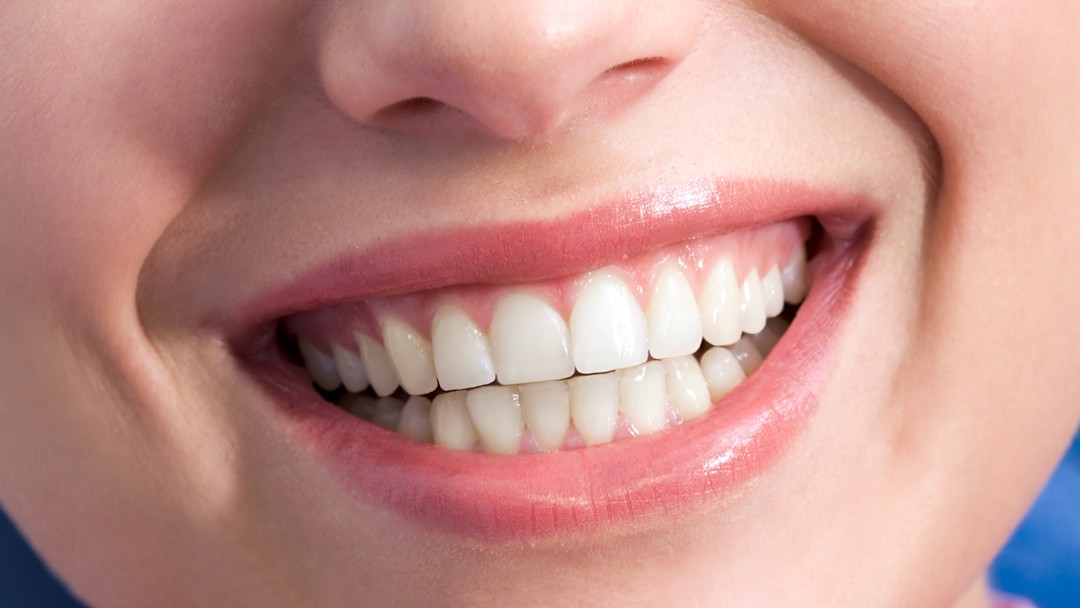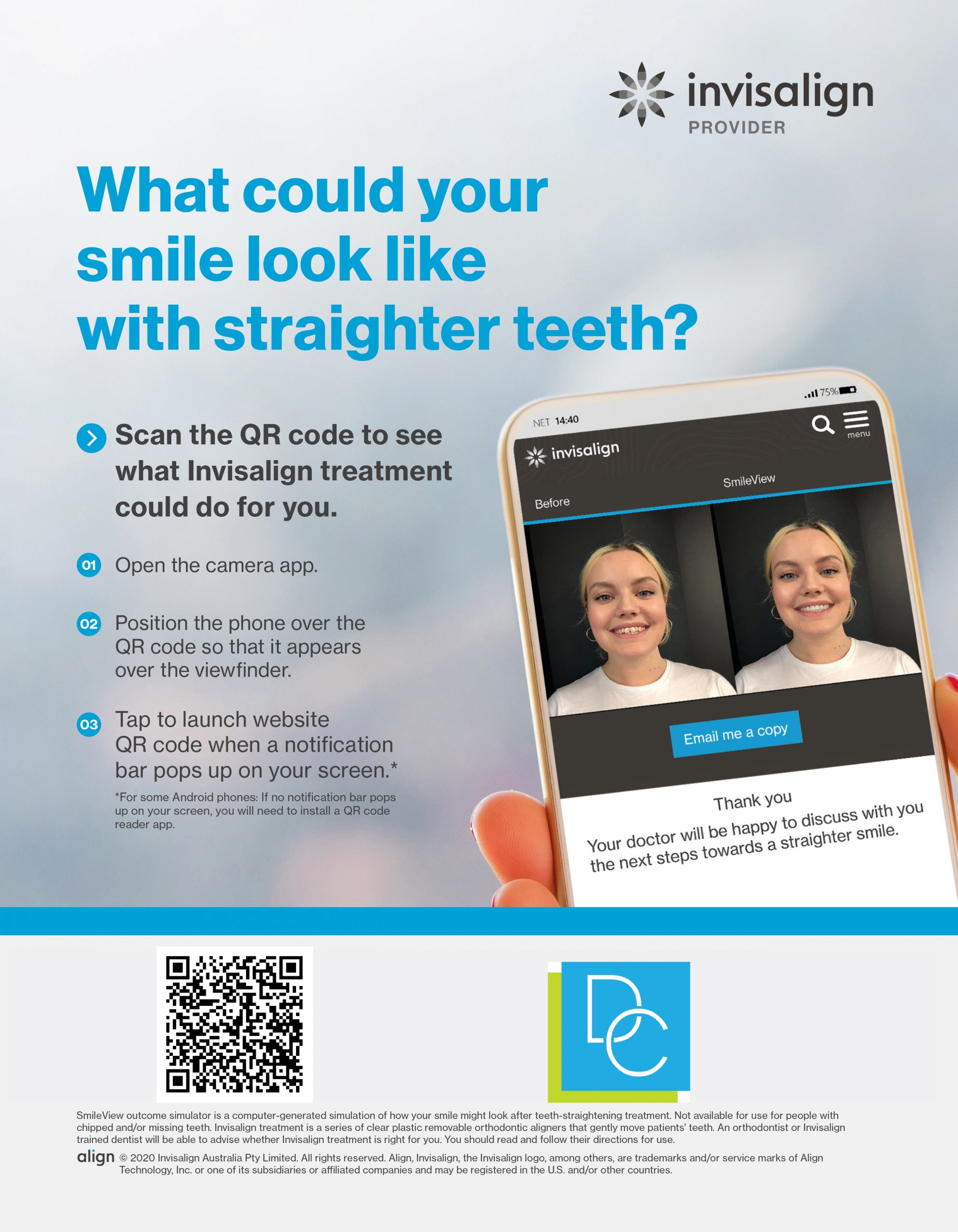- December 2024
- November 2024
- October 2024
- December 2023
- April 2022
- March 2022
- February 2022
- January 2022
- November 2021
- October 2021
- September 2021
- August 2021
- July 2021
- January 2021
- December 2020
- November 2020
- October 2020
- September 2020
- August 2020
- July 2020
- June 2020
- May 2020
- April 2020
- March 2020
- February 2020
- January 2020
- December 2019
- August 2019
- July 2019
- June 2019
- May 2019
- April 2019
- March 2019
- February 2019
- January 2019
- December 2018
- November 2018
- October 2018
- September 2018
- August 2018
- July 2018
- May 2018
- April 2018
- March 2018
- February 2018
- January 2018
- November 2017
- October 2017
- September 2017
- August 2017
- July 2017
- June 2017
- April 2017
- March 2017
- January 2017
- October 2016
- October 2015
- September 2015
- August 2015
How to take care of your gums
22 March,2017Gum health is an extremely important component of overall oral hygiene. Unfortunately, many people think that simple tooth brushing is all that they have to do to take care of their mouth. This is not true. Your gums are some of the most sensitive tissues in your body. They are easily damaged by rough treatment or by eating the wrong things. You must take steps above and beyond simply brushing your teeth to make sure that your gums stay healthy.
Floss regularly:
Regular flossing helps remove any food or plaque which is lodged between your teeth. Any foreign material stuck in your teeth will encourage the growth of bacteria and other nasty things which you don’t want anywhere near your mouth. This in turn will increase the risk of gum disease and inflammation. The fix - floss as often as you can!
Don’t smoke:
Smoking weakens your immune system and can make it harder for your body to fight off infections associated with the onset of gum disease. It also prevents the regeneration of damaged gum tissue, not to mention the fact that it yellows the teeth and gives you bad breath.
Ask your dentist for toothpaste to help counter gum disease:
With the huge range of toothpastes on the market today it can be difficult for people to find the right one. Unfortunately, many people simply choose the cheapest option. However, brushing with the correct toothpaste can help reduce the occurrence of gum disease and can provide long-term protection against bacteria. Your dentist should be able to advise you on the best options.
Use mouthwash!
Since gum disease is closely associated with high levels of harmful bacteria within the mouth, a good mouthwash can be useful as a preventative measure. A mouthwash will help reduce the amount of bacteria in your mouth, reduce plaque, and will help remove any food which may be stuck in your mouth after a meal. This in turn will help keep your gums safe and healthy!
Be careful how you brush:
While brushing is important, doing it in the wrong way can be harmful. If you use a tough toothbrush with hard bristles, then you could be causing more damage than you are preventing. Hard toothbrushes tend to be rough on the gums, increasing the risk of infection and damage. Go for the softest bristles you can find next time you buy a toothbrush.


